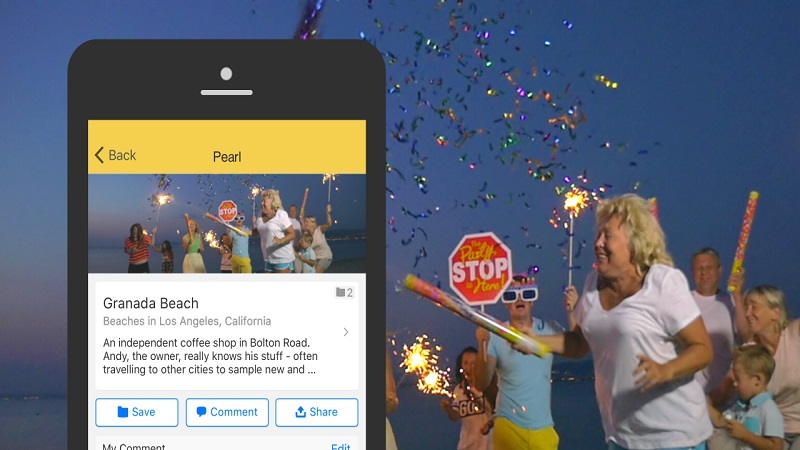Guest Blog, James O’Day: Travel marketers are missing out on the mobile revolution…
Mobile is changing the way we travel. It’s how many of us research and decide where to go, when to go and what to do when we’ve arrived. However, the travel industry hasn’t yet fully caught up with the mobile revolution. This is a missed opportunity.
More than ever, mobile is defining consumer behaviour in the industry: 60 per cent of research on destinations and more than a third of all bookings are made on smartphones, while 90 per cent of in-trip information is accessed via mobile devices.
Increasingly, travellers are looking for the feeling of a bespoke, tailored experience, whether they’ve booked through a big tour operator or are travelling independently. Mobile is key to this experience because they want relevant, accessible, shareable content on the go. Many traditional publishers have failed to adapt their content to take advantage of this opportunity. The big crowd-wisdom sites, such as TripAdvisor, have plugged the gap, but they are not trusted and faked reviews are still perceived as a problem.
How do marketers take advantage of this?
Travel companies have not appreciated the opportunity to produce great content that travellers can use on the go. As a marketer, providing this content gives you the chance to talk directly to your customers in your own language yet few operators have effective content strategies in place.
The opportunity is open to companies big and small. It is equally true of boutique hotels, which could help their guests get the most out of the surrounding area by providing mobile-friendly, personalised recommendations for pubs and restaurants, or cruise liners, which could give customers tailored guides to Caribbean islands depending on their personal tastes.
Some companies neglect content creation altogether, while too many others use ‘flat’ content – information hosted on an external site or webpage. In today’s mobile world that’s no longer good enough. First, it’s a missed opportunity for direct customer engagement. Secondly, as travellers, we don’t want to be directed to external sites for information, we expect a more convenient, easy-to-access, immediate experience.
Two years ago, I set up Pearlshare with my co-founders Michael Liebreich and Oliver Brooks; it is a digital platform where anyone – companies, friends and like-minded travellers – can build and share guides to their favourite places and attractions. These pearls of travel wisdom can be shared via any messaging app or social network and also embedded into third-party websites. Personal recommendations carry five times as much weight as paid advertising or paid-for posts.
The Airbnb revolution has accelerated this trend; guests want to ‘live like a local’ and good hosts help them do this by giving the inside track about the hidden gems around them. Not only are they providing an accessible guide to the best their locality can offer, they are also taking the opportunity to open up a direct dialogue between host and guest.
Now we are helping marketers adopt this authentic approach on their own sites. Customers want advice they feel they can trust and that’s relevant to them and their interests. Pearlshare’s guides can be embedded in holiday companies’ own digital platforms. They can be shared with customers before, during and after they have travelled, creating the sense of a shared journey. Customers can contribute their own ‘pearls’, posting recommendations and photos, which turns the process into a dialogue rather than a monologue and helps build communities with shared interests.
Independence and individuality are prized more than ever before by discerning travellers. Travel marketers who can create a simple, informative platform to communicate with the communities they are trying to reach will stay ahead of their competitors. Mobile is the gateway to achieving this.
James O’Day is COO of Pearlshare, which he co-founded in 2014 with Michael Liebreich and Oliver Brooks. Prior to launching Pearlshare, a digital platform accessible through www.pearlshare.com or a downloadable app, he was a project leader in the London office of Boston Consulting Group.



